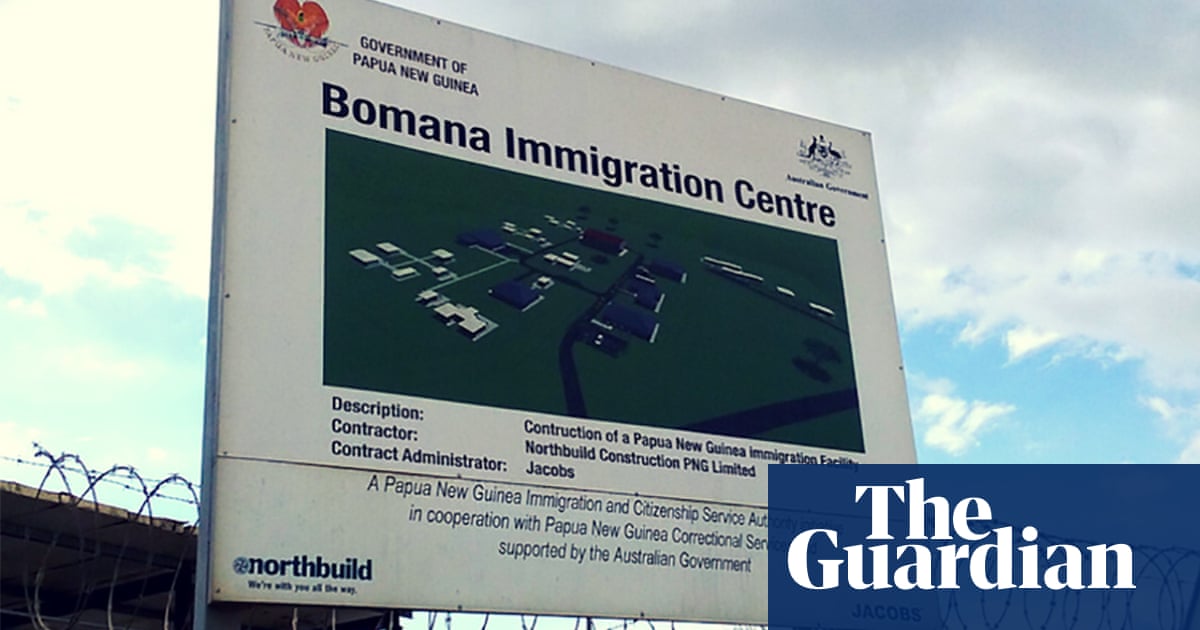International law and the resettlement of refugees in PNG
International law is important when you look at it from an international relations point of view because it helps you to understand and analyze the behaviour of states, non-state actors, and individuals using legal principles. International law also regulates, to a certain degree, the behaviour of states, non-state actors and individuals.
Shaw (2009, pp. 1-2) said private international law talks about the conflict of laws. He gave an example of two Englishmen and their contract made in France to sell goods situated in Paris. He said an English court would apply French law as regards the validity of that contract. Also, if a couple from PNG got married in Australia while they were studying. A PNG court would apply Australian law to annul the marriage.
In contrast, public international law is usually just termed international law according to Shaw (ibid.). He says public international law covers relations between states in all forms, from war to satellites, and regulates the operations of the many international institutions. He goes further by saying that it may be universal or general binding all states, or regional among states within the same geographical area or sharing the same ideologies.
Let us look at the Joint Declaration (JD) for a New Papua New Guinea-Australia Partnership signed in Port Moresby on May 10, 2013. In particular, Point 10 states that:
"Australia and Papua New Guinea acknowledge the importance of maintaining the rule of law in their respective jurisdictions, including through effective and accountable policing, and reaffirm their commitment to work in partnership to combat corruption, money laundering, people smuggling, arms smuggling, terrorism, and illegal drug trafficking."
The issue of concern is people smuggling. The creation of the Manus Island and the recent Bomana Detention Centers were influenced by the activities of people smugglers and asylum seekers. Australia sought the help of its neighbour PNG with the intention of deterring asylum seekers from making the terrible journey by sea with the help of people smugglers.
On July 19, in the same year, PNG and Australia signed another bilateral agreement in the form of the Regional Resettlement Arrangement (RRA). Point 7 of the agreement stated that:
"Australia and Papua New Guinea take seriously their obligations for the welfare and safety of any persons transferred to Papua New Guinea under this Arrangement. Papua New Guinea, a signatory to the 1951 Convention Relating to the Status of Refugees and its 1967 Protocol, will immediately take steps to withdraw its reservations to the convention, with respect to persons transferred by Australia to Papua New Guinea under this Arrangement."
The JD and the RRA are referred to in international law as sources. You can see the signature of the signatories, not on the electronic copies but it should be on the original printed documents. That means, the principle of 'pacta sunt servanda' is in action. In other words, both agreements were signed and ratified by the respective leaders so both parties must now observe.
The observation part is evident in the withdrawal of the 7 reservations made by PNG which covered; wage-earning employment, housing, public education, freedom of movement, refugees unlawfully in the country of refuge, expulsion and naturalization. That means PNG has now ratified the 1951 Convention Relating to the Status of Refugees and its 1967 Protocol with no reservations.
In domestic law, several provisions of the PNG Migration Act and Regulation were amended to enable PNG to carry out refugee status determination. The Immigration Minister was given the authority in the Migration Regulation to determine that a person be in a special category of persons for a period of one to five years to allow them multiple entries into the country. Furthermore, the Migration Act was amended to give the Immigration Minister the authority to determine a non-citizen to be a refugee.
Most importantly, the National Refugee Policy was created as part of the process to further assist Australia as a bilateral partner. The policy outlined the 5 key principles that guide PNG's approach to managing refugee issues into the future and meeting its international obligations under the 1951 Refugee Convention.
The JD and the RRA were both designed to help regulate the behaviour of people smugglers and asylum seekers as part of a group or individually. However, we can also use both texts to understand why PNG decided to help Australia to house the asylum seekers and then resettle refugees. Furthermore, the involvement of the International Organization of Migration and the UN Refugee Agency in the offshore processing arrangement depicts the involvement of non-state actors.
The case helps one to determine that transnational crimes like people smuggling and international immigration are cross border security issues. It is difficult for countries to deal with the issue unilaterally. A bilateral or multilateral approach within the parameters of international law and involving non-state actors is needed to find a workable solution.
Finally, international law is important when you study international relations. International law is connected to domestic law as shown by amendments to domestic legislation in PNG and Australia. International law in the form of bilateral agreements or treaties including conventions have a cascading effect on domestic legislation.
References:
Shaw, M. N. (2009). International Law
(6th ed.). (pp. 195-264). Cambridge: Cambridge University Press.

This blog explores how international law, through agreements like the Joint Declaration and Regional Resettlement Arrangement, shapes refugee resettlement in Papua New Guinea. It highlights the impact of these agreements on both international and domestic legal frameworks, and how they address transnational issues like people smuggling.
ReplyDeleteVisit Now: Best Migration Agents Sydney